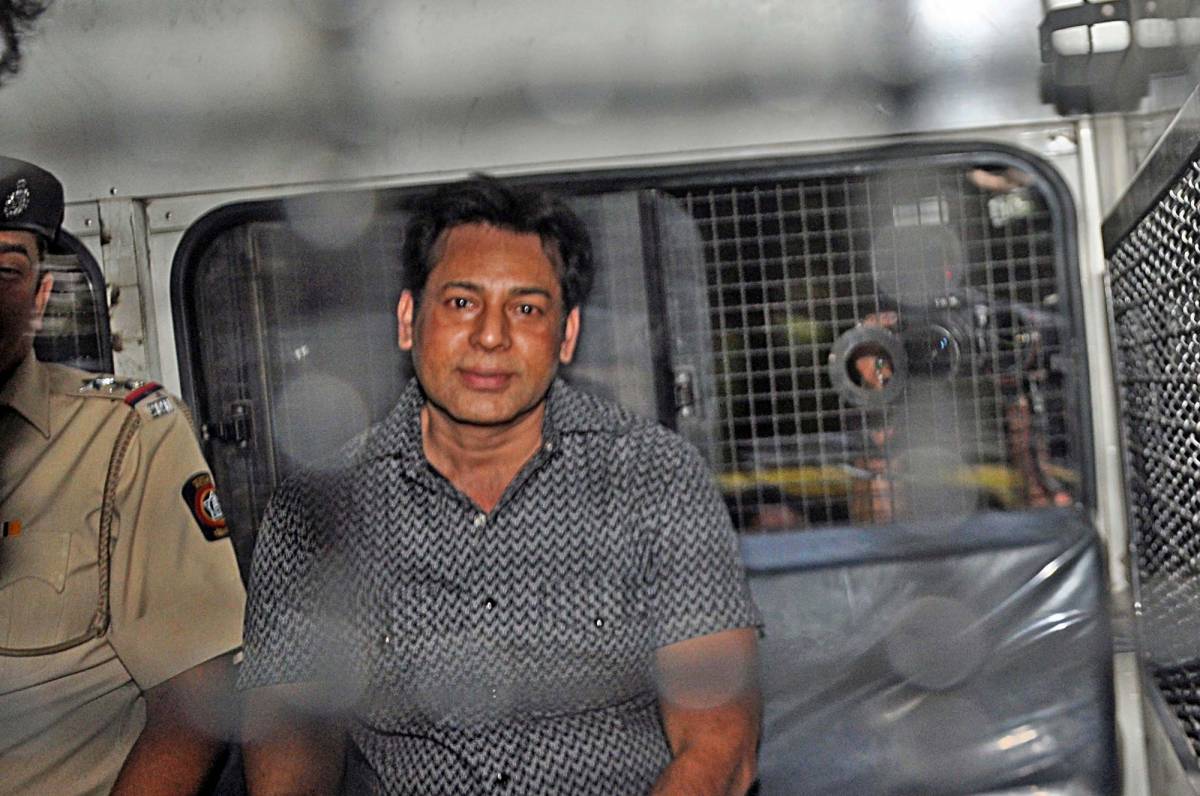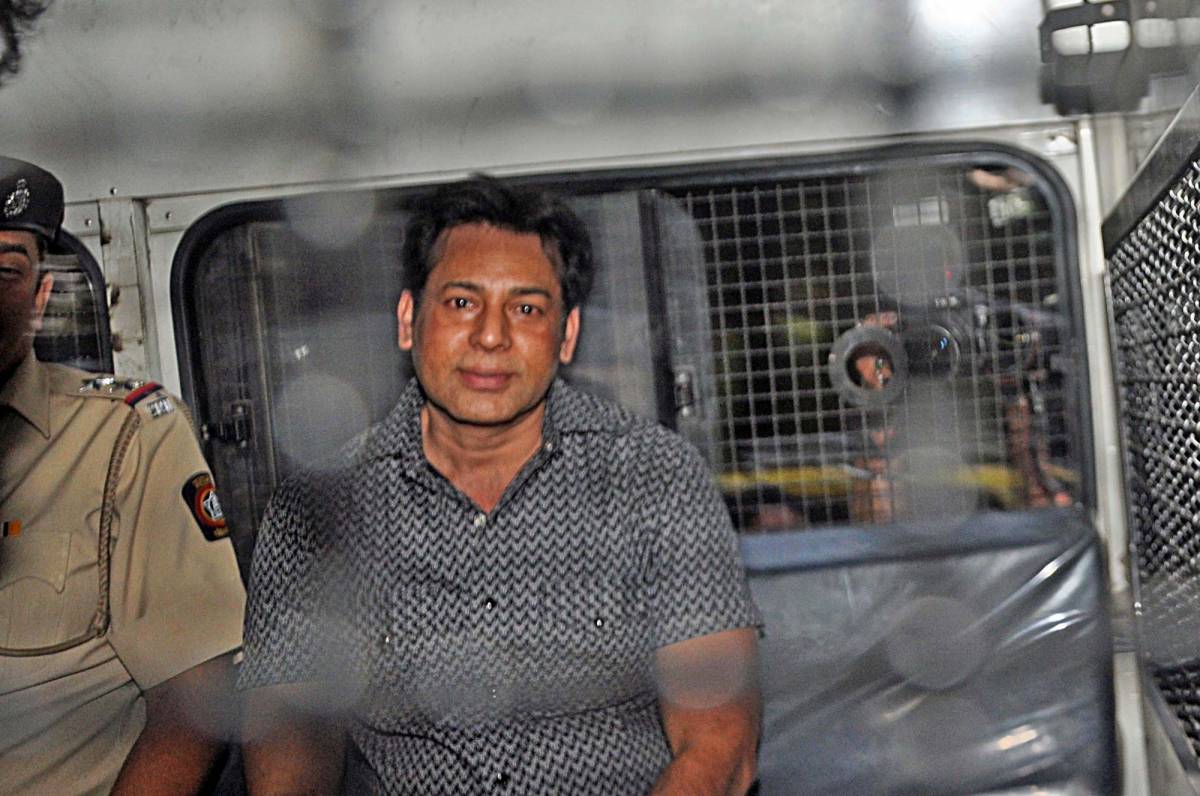After the top court’s order, Abu Salem would be released from jail in 2030…reports Asian Lite News
The Supreme Court on Monday said the Central government is bound to honour the commitment given to the Portuguese government and release gangster Abu Salem on completion of 25 years imprisonment, following his conviction in the Mumbai serial blasts case.
A bench of Justices Sanjay Kishan Kaul and M.M. Sundresh said: “On the appellant (Abu Salem) completing 25 years of sentence, the Central government is bound to advise the President of India for exercise of his powers under Article 72 of the Constitution, and to release the appellant in terms of the national commitment as well as the principle based on comity of courts.”
The top court also made it clear that Abu Salem’s detention period will begin from October 2005, and not from September 2002 – when he was arrested pursuing Red Corner notice. Abu Salem was represented by advocate Rishi Malhotra in the top court.
After the top court’s order, Abu Salem would be released from jail in 2030.
The bench added: “The necessary papers be forwarded within a month of the period of completion of 25 years sentence of the appellant. In fact, the government can itself exercise this power in terms of Sections 432 and 433 of the CrPC. and such an exercise should also take place within the same time period of one month.”
At the beginning of the verdict, Justice Kaul, who authored the judgment on behalf of the bench, said crime and punishment is something which has agitated the judicial minds and punishment cannot be disproportionately high or low.
“It should not be oppressive, but should serve the purpose of deterrence against crimes in a society along with a sense of justice to the victim and their family. This is a delicate balance, which has to be kept in mind,” he said.
During the hearing, Abu Salem’s counsel contended that the assurance was given to the Portuguese government by India that he will not be either awarded death penalty or punished beyond 25 years, but he has been sentenced with life imprisonment by the court.
The top court noted that the Indian government had given a solemn sovereign assurance on December 17, 2002, in view of the powers of the President of India under Article 72(1) of the Constitution. As the President acts on the aid and advice of the government under the provisions of Article 74 of the Constitution and, thus, the government is bound itself to advice the President to commute the sentence to 25 years in view of its commitment to the Courts in Portugal.
The bench said it respects the very basis on which the courts of Portugal observed the principles of comity of courts by recognising that there is a separation of powers in India and, thus, the courts cannot give any assurance. “The corresponding principle of comity of courts, thus, has to be observed such that the Government of India having given the solemn assurance, and having accepted the same before us, is bound to act in terms of the aforesaid,” it said.
It added that the judiciary had to perform its functions of imposing a sentence in accordance with law, while the executive would have to perform its duty by restricting the sentence in conformity with the assurance given to the Portuguese courts.
The Central government, in an affidavit, had submitted that it is bound by the assurance dated December 17, 2002 and the period of 25 years which is mentioned in the assurance will be abided by it at an appropriate time subject to the remedies which may be available.
However, at this, the top court had said: “We did not appreciate the underlined portion aforesaid as once it was recognised that the government would abide by the assurance, nothing more or less was to be said. As far as the courts were concerned, they were to take a view as to the effect of that assurance.”
The bench emphasised that the courts must proceed in accordance with law and impose the sentence as the law of the land requires, while simultaneously the executive is bound to comply with its international obligations under the Extradition Act as also on the principle of comity of courts, which forms the basis of the extradition.
A special TADA court in February 2015, sentenced Abu Salem to life imprisonment in another case of murdering Mumbai-based builder Pradeep Jain in 1995 along with his driver. The gangster was extradited from Portugal in November 2005.
ALSO READ-Apex court slams govt in Abu Salem case


